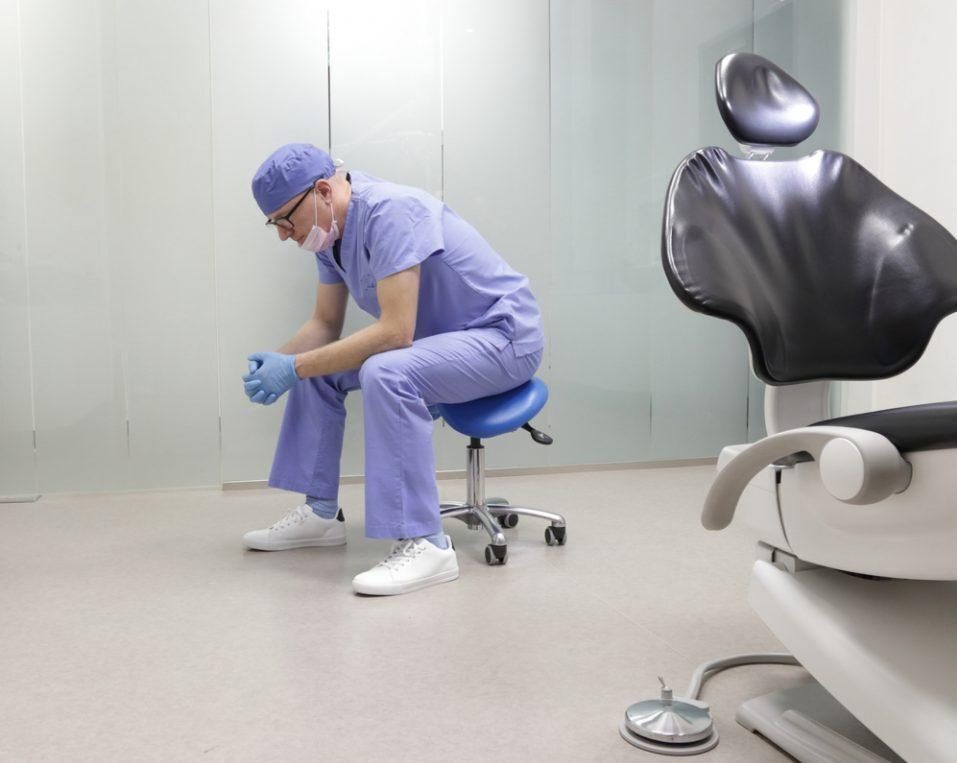
Dental professionals are often overlooked when discussing mental health in the healthcare industry. Behind your white coats and confidence, many clinicians battle a set of unique struggles. The demanding nature of your work, high patient expectations, and the pressure to maintain a flawless reputation can all take a toll on mental well-being.
The 2021 ADA Dentist Health and Well-Being Survey Report showed that anxiety among dentists increased from 5% in 2003 to 16% in 2021. In addition, 13% of the responding dentists reported experiencing depression.
In 2020, “Business Insider” reported that dentists are 1.67 times more likely to commit suicide than on average, based on data from the National Institute for Occupational Safety and Health.
At Zyris, we know running a successful dental practice not only takes tremendous clinical skill and business acumen – it takes resilience. In over 20 years of collaboration with clinicians, these are some of the challenges we regularly see:
- Perfectionism and the pressure to meet high expectations (especially one’s own)
- Occupational stress and burnout from long hours, difficult cases, and managing challenging personalities
- Isolation and the loneliness of working alone
- Empathy fatigue with patient anxiety
- Financial and business pressures, like substantial overhead costs, dealing with insurance companies, and ensuring a steady stream of patients
While we’re not in any position to offer advice on how best to manage one’s mental health, we would be remiss not to name this very prevalent reality in the dental field.
We are hopeful that the increasing coverage on this topic signals a promising shift away from the stigma that has long been linked to the conversation around depression, anxiety, and suicide.
One piece helping with this shift is a newly published ADA article, “New dentists expound on importance of wellness,” In the article, Dr. Kamodia Barto offers the following recommendations for preventing burnout among dentists:
- Integrate yoga, breathwork or meditation into your life
- Prioritize frequent breaks from work, be it daily, weekly or quarterly
- Take time for true rest, leisure and fun
- Regularly unplug from technology
- Check in with a mental health professional
Over the years, we’ve also learned from clinicians that study clubs and staying in touch with dental school classmates help combat the isolation and pressures many dentists experience.
These types of support networks allow you to discuss challenges with colleagues who are not direct competitors. And, being in community with like-minded peers can often increase one’s quality of life, in general.
As a dental professional, you’re caring for patients’ oral health, while navigating your own mental health. It’s important to address your own well-being and follow strategies that help handle the stressors the day brings to the office.
Only by taking care of your mental health can clinicians continue to provide exceptional care to patients, while leading a fulfilling life.
If you are experiencing your own challenges, please reach out for help by texting or dialing 988 to be connected to the National Suicide Prevention Lifeline. This service is free and confidential. The ADA has some great resources available, as well. You are not alone.
 (800) 560-6066
(800) 560-6066